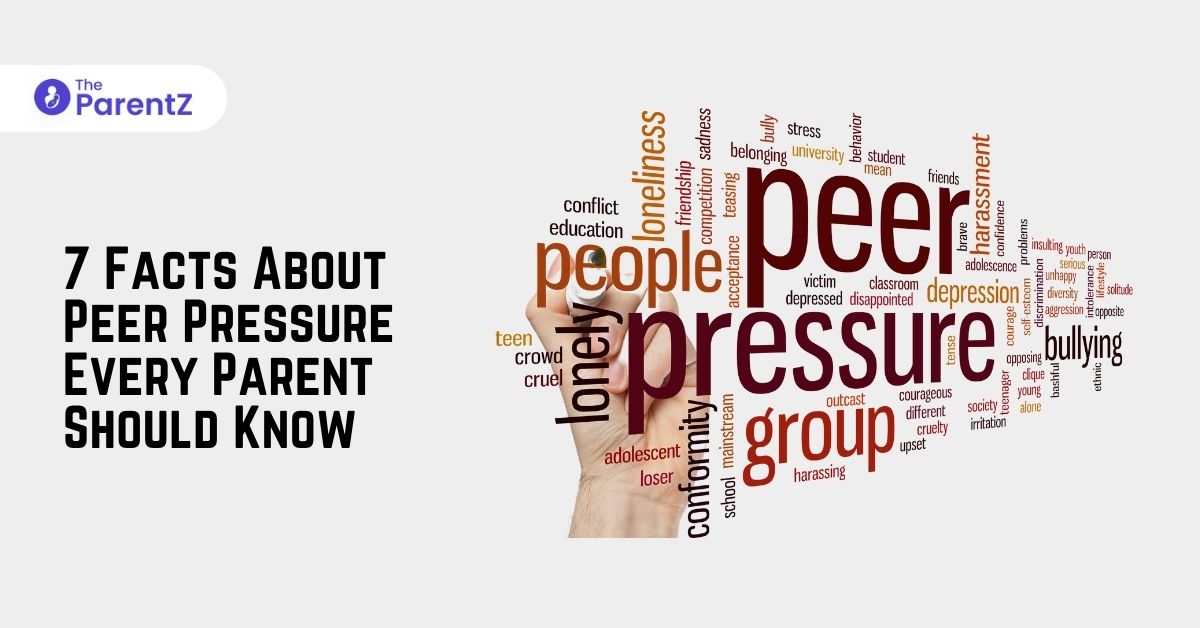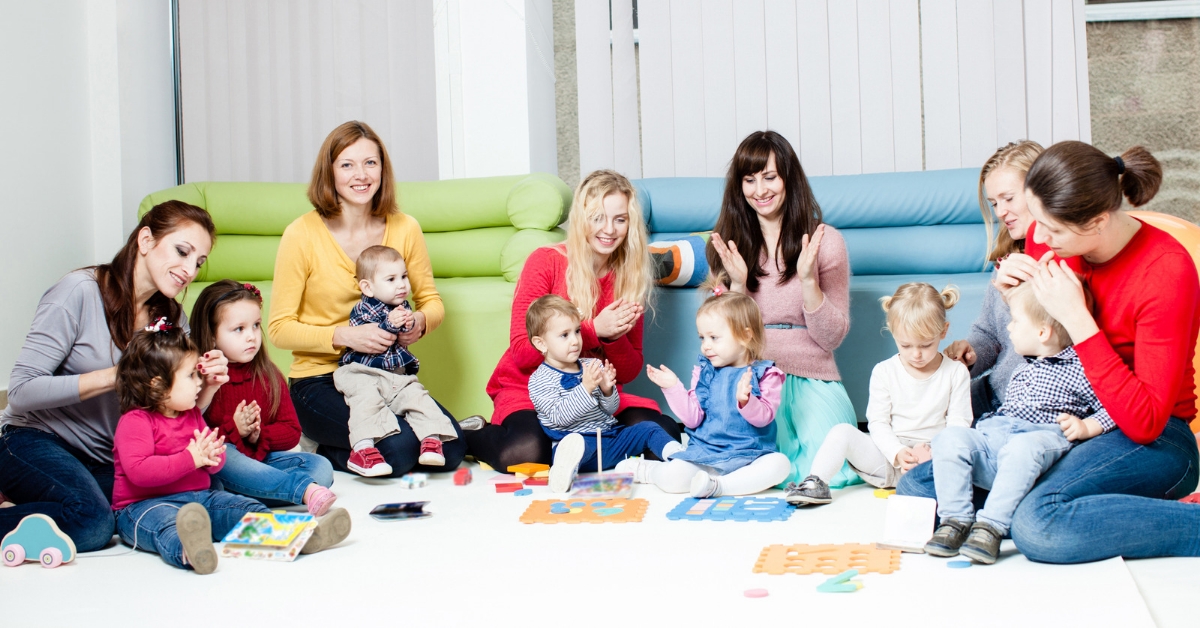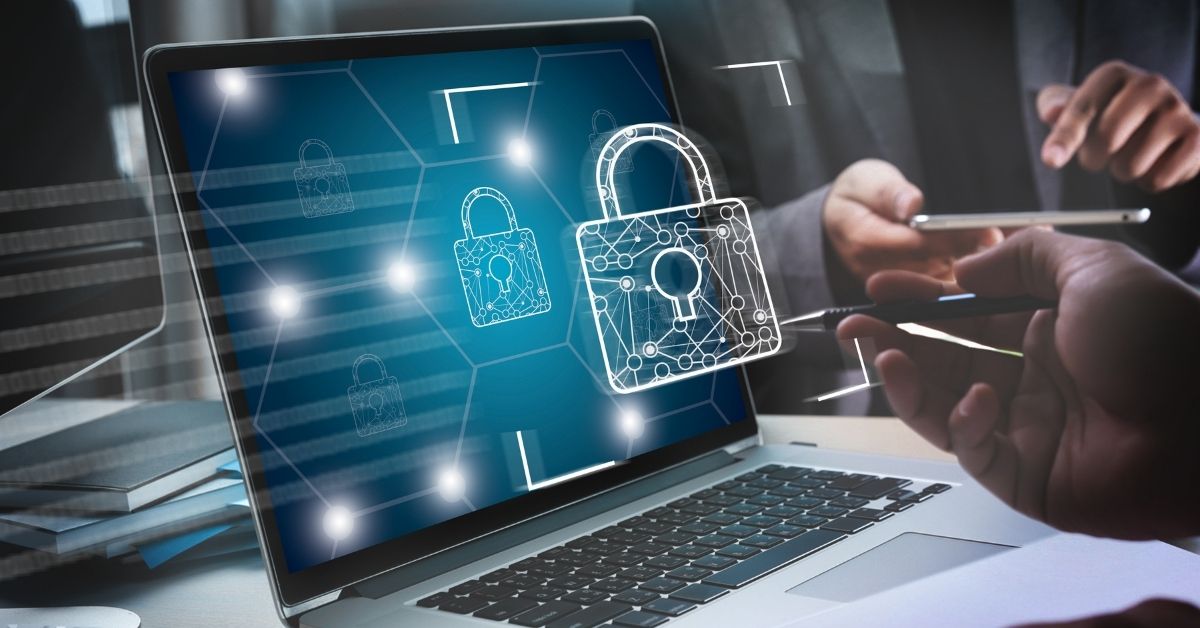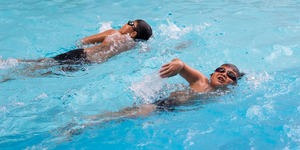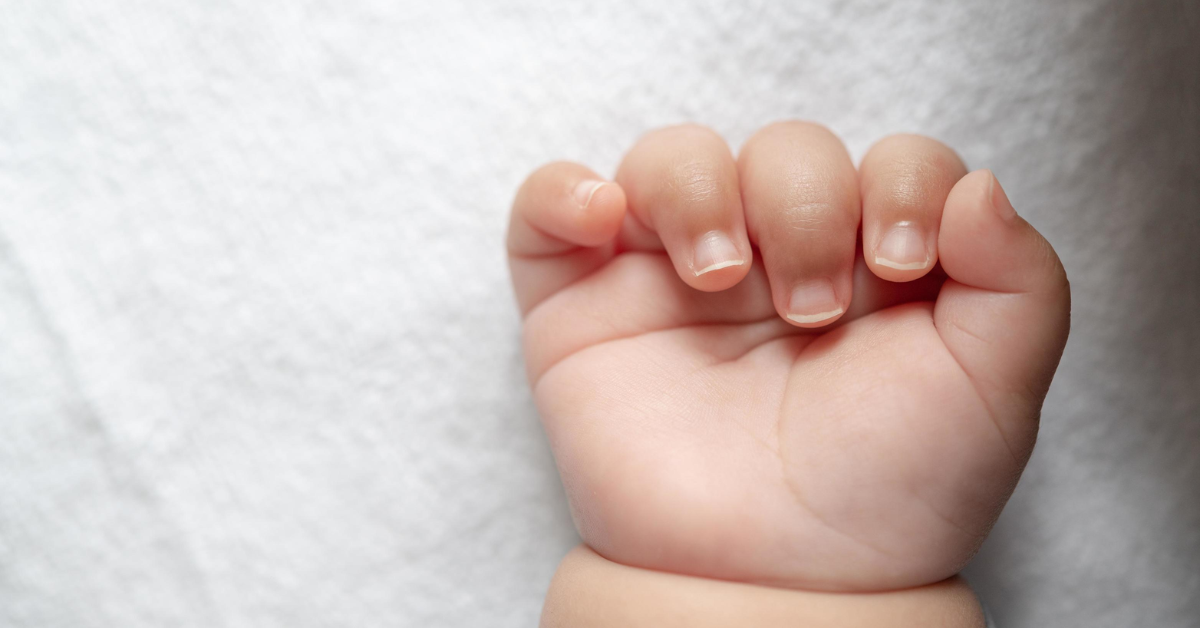How Peer Pressure Works And What You Can Do To Help Your Child Cope With It
There is significance and a reason behind most old proverbs, and they are rarely inaccurate. Many proverbs say our friends reflect and define who we are, and that’s the meaning of peer pressure. The definition of peer pressure according to Merriam-Webster is “a feeling that one must do the same things as other people of one’s age and social group in order to be liked or respected by them.”
Peer pressure can have a profound impact on the personality development of our children. So, we should know how it works and how we can help our children in dealing with peer pressure. Here are seven facts about peer pressure every parent should know.
Peer pressure: Facts every parent should know
It’s Not Always Negative
You may notice that peer pressure is almost always talked about like it’s a bad thing. Before we go any further, it must be clarified that positive peer pressure exists. You’ll find examples of peer pressure that demonstrate both positive and negative effects. The clearest examples of negative peer pressure are those involving alcohol, cigarettes or drugs. The positive examples may include group studies and motivation to take competitive exams, work harder and bring better results.
Susceptible Age Bracket
Unsurprisingly, teenagers are the most prone to both exerting and giving in to peer pressure. However, this does not mean they are the only ones susceptible to it. People continue to face and often give in to it throughout their lives. However, the probability of peer pressure being extreme and negative is the highest during teenage years.
Self-Esteem And Peer Pressure
Studies show that people with high self-esteem are less affected by peer pressure as compared to those with low self-esteem. Teenagers are known to have self-esteem and body image issues because they undergo a lot of emotional turbulence. This leaves them seeking external approval in compensation, thereby making them the most vulnerable age group for peer pressure.
Peer Pressure At Work
The phenomenon of peer pressure extends into life after teenage, too, it just changes form. Adults generally have a healthier understanding of their personalities and are therefore higher on self-esteem than teenagers. This makes it difficult for peers to exert much pressure on each other, but they do still influence group behaviour. At times, when this influence intensifies, one may face peer pressure even at work.
Harm Is Mostly Unintentional
Although it may begin sooner, most of the time, peer pressure begins during teenage. It is a result of competitiveness and an aggressive desire to prove oneself; teenagers tend to go to any heights to achieve that. This is also the reason why teenage peer pressure is almost always strongly negative. It takes more ‘guts’ to do outrageous things and teenage is all about rebelling and proving a point. It may even get brutal sometimes, but believe it or not, those involved don’t mean to cause harm. The purpose is purely to gain acceptance and approval from one’s peers and be “the best.”
Nobody Benefits From Negative Peer Pressure
The very concept of peer pressure is highly ironic. Low self-esteem is a side-effect of being unable to approve of oneself, which causes kids to give in to peer pressure. The idea is to gain other people’s approval to mask the absence of their own. But those who give in to peer pressure end up becoming those who exert it on their peers. The cycle is vicious and the impact of negative peer pressure on all those engaging in it is unfortunate. Nobody involved stands to gain anything of value from the experience.
Parental Intervention Matters
As parents, you will most likely face a lot of resistance from your own child if you try to intervene and help them. Peer pressure is all about individuality and fearlessness. Your intervention will make them look weak, and that is their only concern. In their eyes, losing approval might be worse than getting into trouble or harming themselves. However, your intervention can save your children a lot of unnecessary pain. In the times of dangerous online games like the Blue Whale Challenge, your sensibility could matter more than you may realize.
